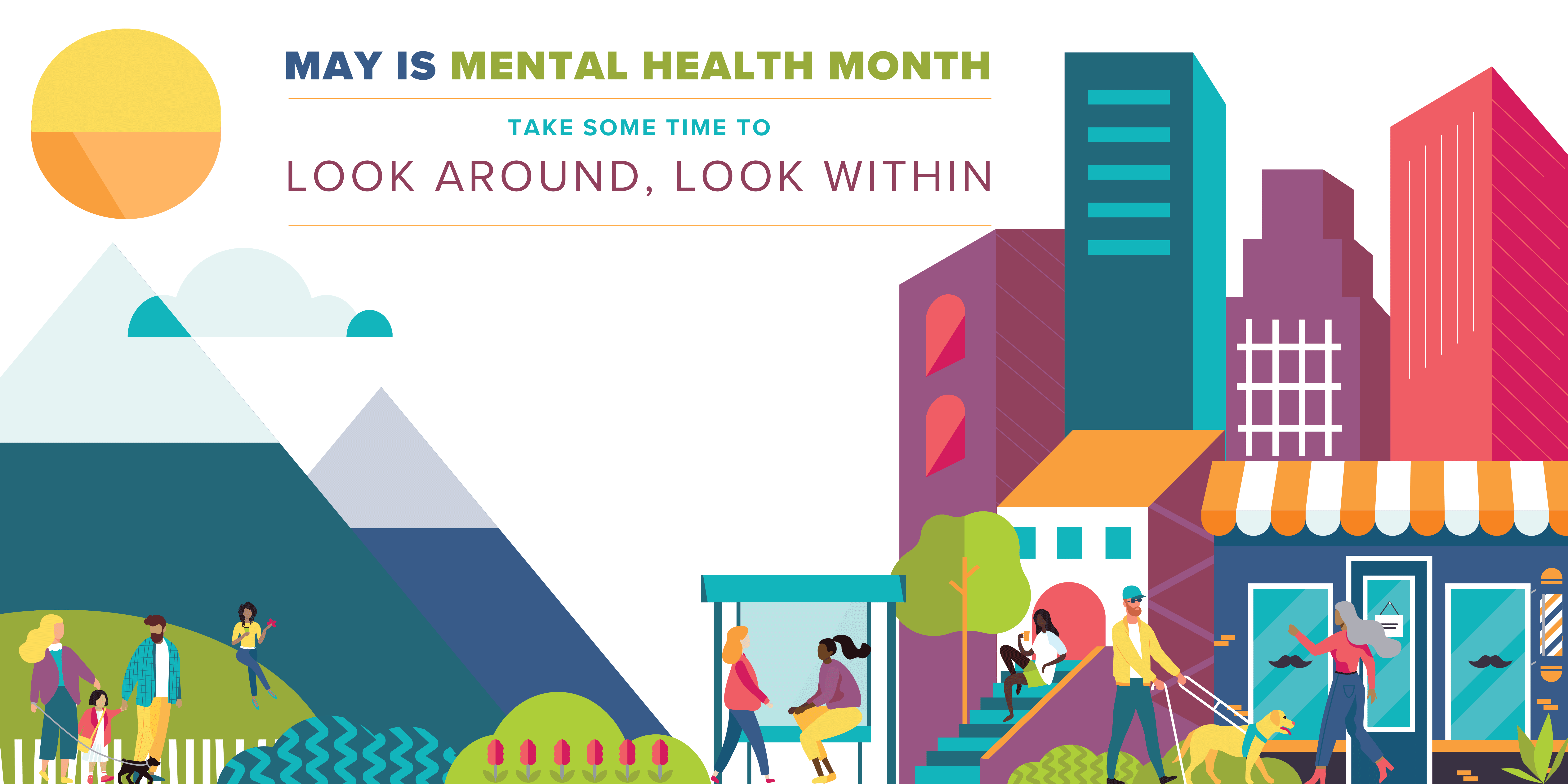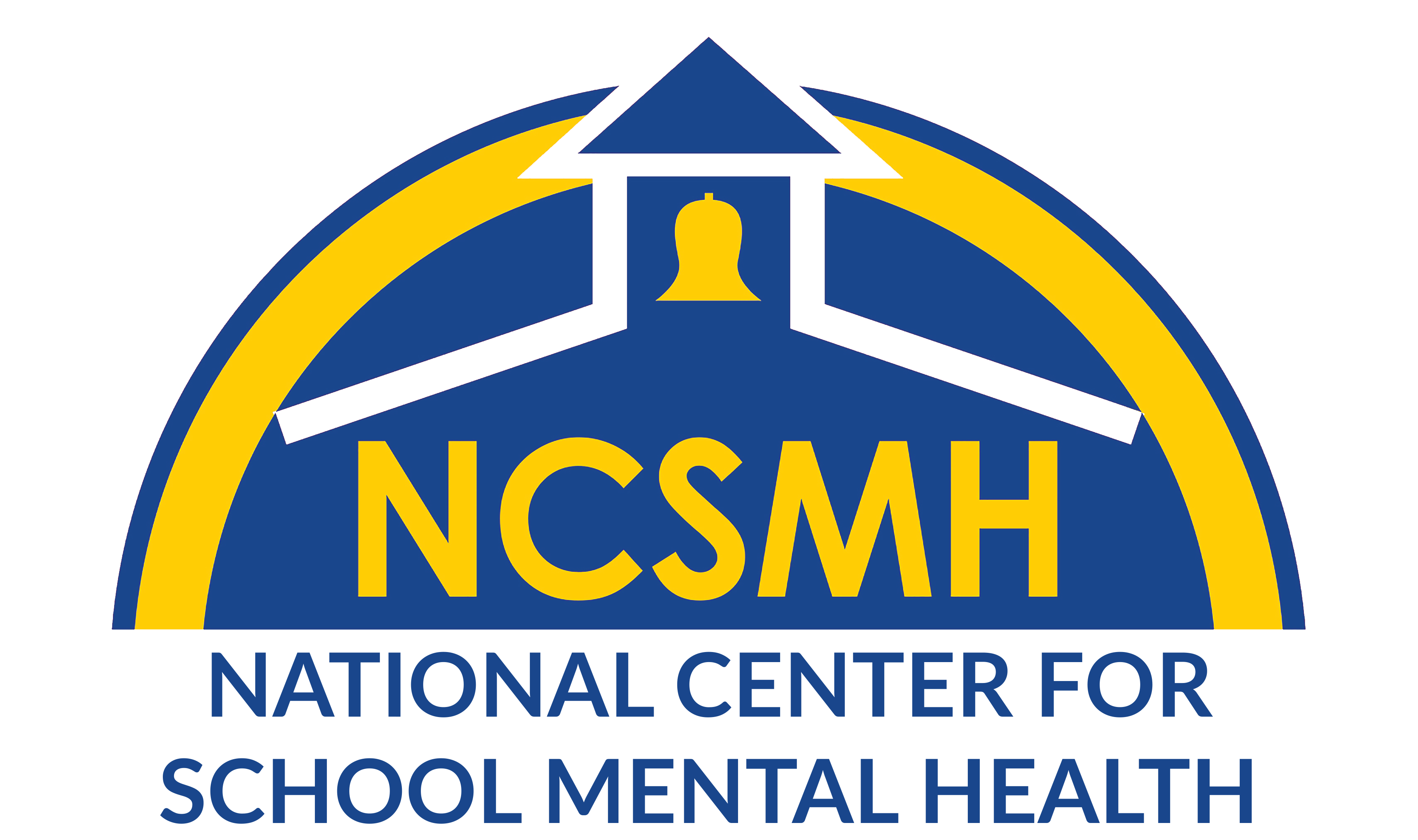North Carolina Public Schools - School Social Work May Update
North Carolina Public Schools sent this bulletin at 05/04/2023 09:22 AM EDT |
 |
This Mental Health Month, challenge yourself to examine your world and how it can affect your overall health. Look around, look within – from your neighborhood to genetics, many factors come into play when it comes to your mental health. The 2023 Mental Health Month toolkit includes information about how an individual’s environment impacts their mental health, suggestions for making changes to improve and maintain mental well-being, and how to seek help for mental health challenges.
 |
2023 Mental Health Month ToolkitCheck out the Mental Health Month toolkit for media and social media resources, printable informational handouts, posters, and DIY tools. |
---
Long before pandemic school closures across the nation, clinicians were already seeing alarming trends across many indicators of child and adolescent mental health.
-
Suicide became the leading cause of death for children ages 10-14 in 2019. In 2020, an unprecedented 67 children ages 0-18 died by suicide in North Carolina. One in five North Carolina high school students reported seriously considering attempting suicide in 2021, up from 16% in 2017. One in 10 reported actually making an attempt.
-
Diagnoses of mental health concerns are also on the rise: More than one in 10 children ages 3-17 in North Carolina had a diagnosis of depression or anxiety in 2020 - a 49% increase from 2016.
-
There are significant disparities in children’s experiences of poor mental health. For example, students who experience higher rates of discrimination also report worse mental health. LGBTQ+ students are more than three times more likely to consider or attempt suicide than their heterosexual peers.
See more in the NC Child Health Report Card
---
Children's Mental Health Awareness / Acceptance Day & Week
Children's Mental Health Awareness Day is May 7, kicking off Children's Mental Health Acceptance Week (May 7-13, 2023). This week is an opportunity to increase education about the mental health of children in schools and for families and young people. Learn more:
 |
Anyone can call or text 988 or chat 988lifeline.org for themselves or if they are worried about a loved one who may need crisis support.

Year Three PSU Q&A
- Yes, you will be required to report to DPI by September 15th, 2022. The reporting portal will open late May, and only one contact per PSU will have access to the reporting portal. You will answer the reporting questions as part of the Healthy Active Children Report, the same as last year (charters bypass the HAC portions and only complete the SMH report). You will also upload a copy of your SMH plan, including a suicide risk protocol and training plan.
- Once the portal opens, traditional LEAs should expect an invitation to the portal by Les Spell and charters will receive a notice from the Office of Charters.
- If you know that your Healthy Active Children point of contact has changed, please email les.spell@dpi.nc.gov with the correct person's contact information.
Has anything changed about what we are required to do?
- There are no major changes. You will notice on the reporting page that we have added questions about prior years' compliance. These are based on the 2022-2023 school year.
- Your plans do not have to change. You can upload the same plan as long as it is still what you plan to use. You also can make any adjustment and changes to your plan prior to submitting. You must include your detailed training plan and suicide risk protocol and ensure it is up-to-date.
- You will see the requirements for abuse and neglect resources that are now included in the School Mental Health Policy. These materials must be distributed at the beginning of each school year. You will see compliance questions for these materials in the reporting portal.
What does the 2-hour subsequent training have to include?
- The 2-hr refresher addresses at least 2 of 6 MH training program areas, and on even-numbered years, 2 hours of sex trafficking and child sex abuse content must be provided.
- The 6-hr initial training (for new employees) must address all 6 areas, regardless of year.
Where do I find all the SMH Policy materials?
- All resources and materials can be found from the NC Healthy Schools webpage and on the SMH Policy Compliance page.
- Questions can be sent to pachovia.lovett@dpi.nc.gov.
|
Teachers Go Above & Beyond for Students Teacher Appreciation Week is celebrated in the first full week of May, from May 7 through May 8 in 2023, and is when teachers get the extra credit they deserve. The big day is Teacher Appreciation Day on May 5, but teachers are just so great that they get a whole week to savor our appreciation. |
|
School Social Workers in NC Thank Our Teachers!
REMS TA Center Presents a Fact Sheet on Bereavement, Memorials, and Anniversaries
The Bereavement, Memorials, and Anniversaries: Developing a Recovery Annex for K-12 Schools Fact Sheet, provides K-12 school and school district planning teams with considerations for addressing bereavement and loss, anniversaries, and memorials within the Recovery Annex in a school emergency operations plan.
New Practice Brief: National Center for Homeless Education
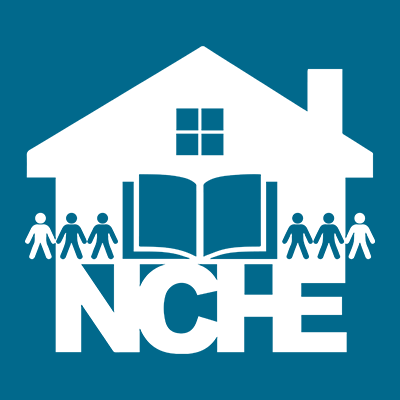 |
Partnering with School Social Workers to Expand Local Homeless Liaison Capacity and Provide Wraparound Services under the American Rescue Plan Homeless Children and Youth Program |
-
summarizes the role and expertise of school social workers;
-
describes ways that school social workers can build local homeless liaisons’ capacity to provide wraparound services for children and youth experiencing homelessness; and
-
includes strategies for and examples of successful partnerships between school social workers and local liaisons, as well as between school social workers and community-based organizations.
This brief will focus specifically on the unique role and expertise of school social workers in serving children and youth experiencing homelessness, and offers ways that school social workers can provide wraparound services and work with CBOs.
Tools You Can Use: National Center for School Mental Health
Teaming
| Schools are in the position of ensuring that school mental health efforts are appropriately staffed by multidisciplinary teams who have effective communication and collaboration practices. Many schools have teams that meet to discuss and strategic about student mental health issues. | 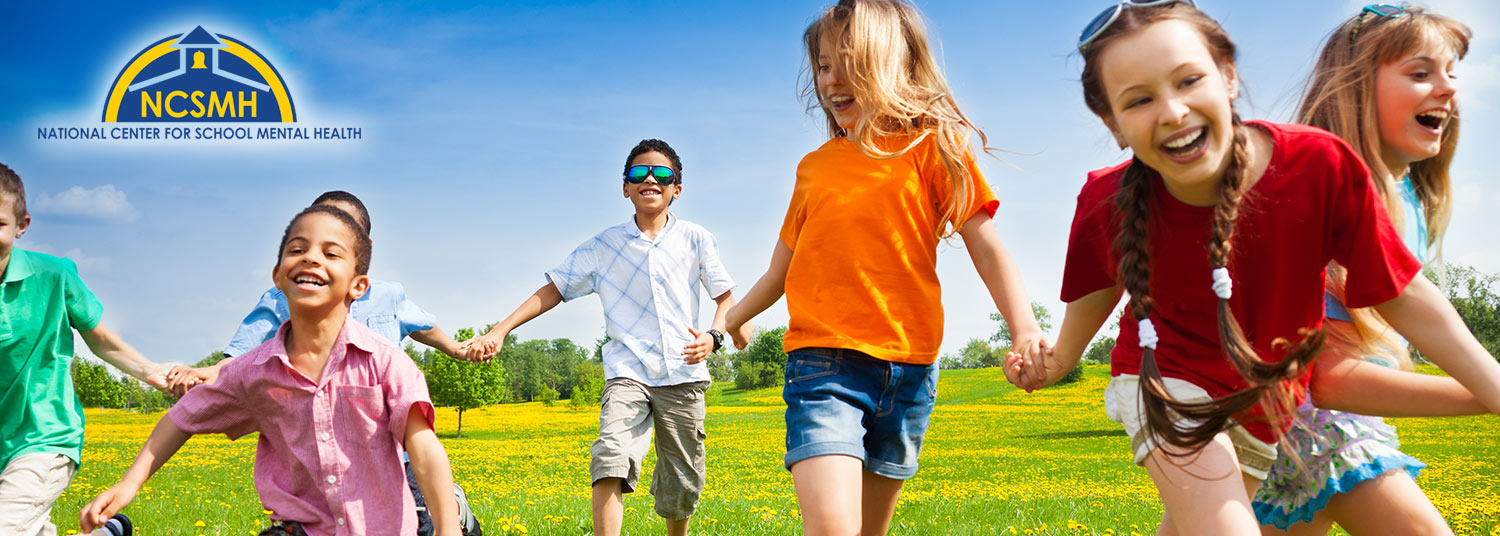 |
The School Mental Health Quality Guides are a series developed by the National Center for School Mental Health (NCSMH) for The School Health Assessment and Performance Evaluation (SHAPE) System. The Quality Guides provide guidance to school mental health systems to advance the quality of their services and supports. The guides contain background information on each domain, best practices, possible action steps, examples from the field, and resource guidance.
Free CPI Crisis De-Escalation Training for Children’s and Youth Mental Health Providers in North Carolina!
A partnership between UNC Greensboro's Center for Youth, Family and Community Partnerships, the NC DHHS Division of Mental Health, Developmental Disabilities, and Substance Abuse Services, and the Crisis Prevention Institute.
The UNCG Center for Youth, Family, and Community Partnerships (CYFCP) and NC DHHS Division of Mental Health, Developmental Disabilities, and Substance Abuse Services (DMHDDSAS) are partnering with the Crisis Prevention Institute (CPI) to provide free crisis intervention training opportunities to children’s and youth mental health service providers across North Carolina!
CPI training opportunities will equip eligible providers with the skills to recognize potential crisis behaviors and the strategies to prevent, de-escalate, and safely respond in escalating and crisis situations.
It has been confirmed that this is open to school staff. Spaces are limited!
NCDHHS Updates
As temperatures begin rising, the North Carolina Department of Health and Human Services’ Division of Aging and Adult Services is partnering with the N.C. Area Agencies on Aging and local service providers to distribute fans to eligible recipients through Operation Fan Heat Relief May 1–Oct. 31to help older adults at risk stay safe this summer.
About 1.2 million North Carolinians, or nearly 11% of the state’s population, don’t know where their next meal is coming from. To ensure North Carolina children, families and older adults have enough food and good nutrition, the North Carolina Department of Health and Human Services today released the NCDHHS State Action Plan for Nutrition Security. This plan is part of the department’s larger strategic goal to support child and family well-being.
A program that helped 1.6 million children get healthy food for the last three years is coming to an end, NCDHHS announced today.
2023 Attendance Awareness Campaign
 |
The 2023 Attendance Awareness Campaign is in full swing!! This year's theme: “Showing Up Together!” speaks to the importance of joining together to address the devastating effects of interrupted learning and increased economic stress. |
This year’s campaign will highlight the value of partnerships to build and implement long-term plans to address today’s unusually high levels of absenteeism. We will emphasize the need to ensure the positive conditions for learning—degraded during the pandemic—that motivate students and families to engage and show up for school even when it is challenging. And we will share strategies that research and practice show can improve attendance and engagement.
-
Use the Count Us In! toolkit
Consult the What to Do When calendar
Add a badge with the 2023 image to your handout, website, social media or email signature.
Three more Attendance Awareness Campaign webinars. Save these dates:
- Wednesday, May 10, Relationships All Year Round: Nurturing Showing Up
- Wednesday, August 9, A Healthy Return to School: Ensuring Showing Up
- Wednesday, September 27, Bright Spots: Sustain Engagement and Attendance
Join the campaign by signing up for our newsletter to get regular updates about the Attendance Awareness Campaign in your email inbox.
https://awareness.attendanceworks.org/
FREE Webinar
|
School Mental Health Virtual Learning Series The 2023 School Mental Health Virtual Learning Series continues this May! This free webinar series runs through the summer and is hosted in collaboration with our partners at the Danya Institute and the Mental Health Technology Transfer Center network. |
|
May 9, 2023: Collaboration Between School and Community Settings - Development of Meaningful and Sustainable Partnerships Between Schools and Community Partners
3pm - 4pm EST
Register
|
Happy School Nurse Day! School Nurses Day is Wednesday, May 10 this year. School Nurses Day began in 1972 to spread education and awareness about the roles of nurses in schools. School nurses are an integral part of a comprehensive school mental health system! The National Association of School Nurses (NASN) has resources to show support for school nurses. |
|
Shout out to our State School Nurse Consultant, Jenifer Simone!
We are grateful for your leadership and commitment to the health and wellness of all school communities in NC.
RISE Registration is Open
Based on the success of last year’s RISE Back to School Safety Summit in Greensboro, the Center for Safer Schools is happy to announce that registration for RISE 2023 is now open. This year’s RISE – the CFSS’ signature event – will be held July 31-Aug. 2 at the Gastonia Conference Center. *Registration is free.
RISE training focuses on the resiliency, information, support and empowerment needed when supporting children and adolescents in schools and communities. This training offers a range of sessions covering the issues of bullying, suicide, opioid and substance use, critical incidents and other vital information about trauma and victimization among children and adolescents, and how these various dynamics impact school climate and school safety.
There will be Work Tracks for school personnel, school resource officers and law enforcement. Visit the CFSS’ RISE webpage for more information and links for registration and discounted hotel rates: RISE 2023 | NC DPI.
Space is limited, so register soon to reserve your spot. If you have questions, send an email to cfss@dpi.nc.gov.
---
Mini-RISE
The Center for Safer Schools is hosting “mini-RISE” sessions this spring. The smaller versions of the CFSS’ signature event will be offered free and online until June. Each “mini-RISE” session will be 30 minutes long and will include a speaker and Q&A.
All sessions will take place on Thursdays from 12:15-12:45 p.m. The “mini-RISE” sessions will take place virtually through Webex.
Legislative Updates
 |
View the K-12 Education Office of Government and Community Affairs Update from Friday, April 21, 2023. |
Practice Alert
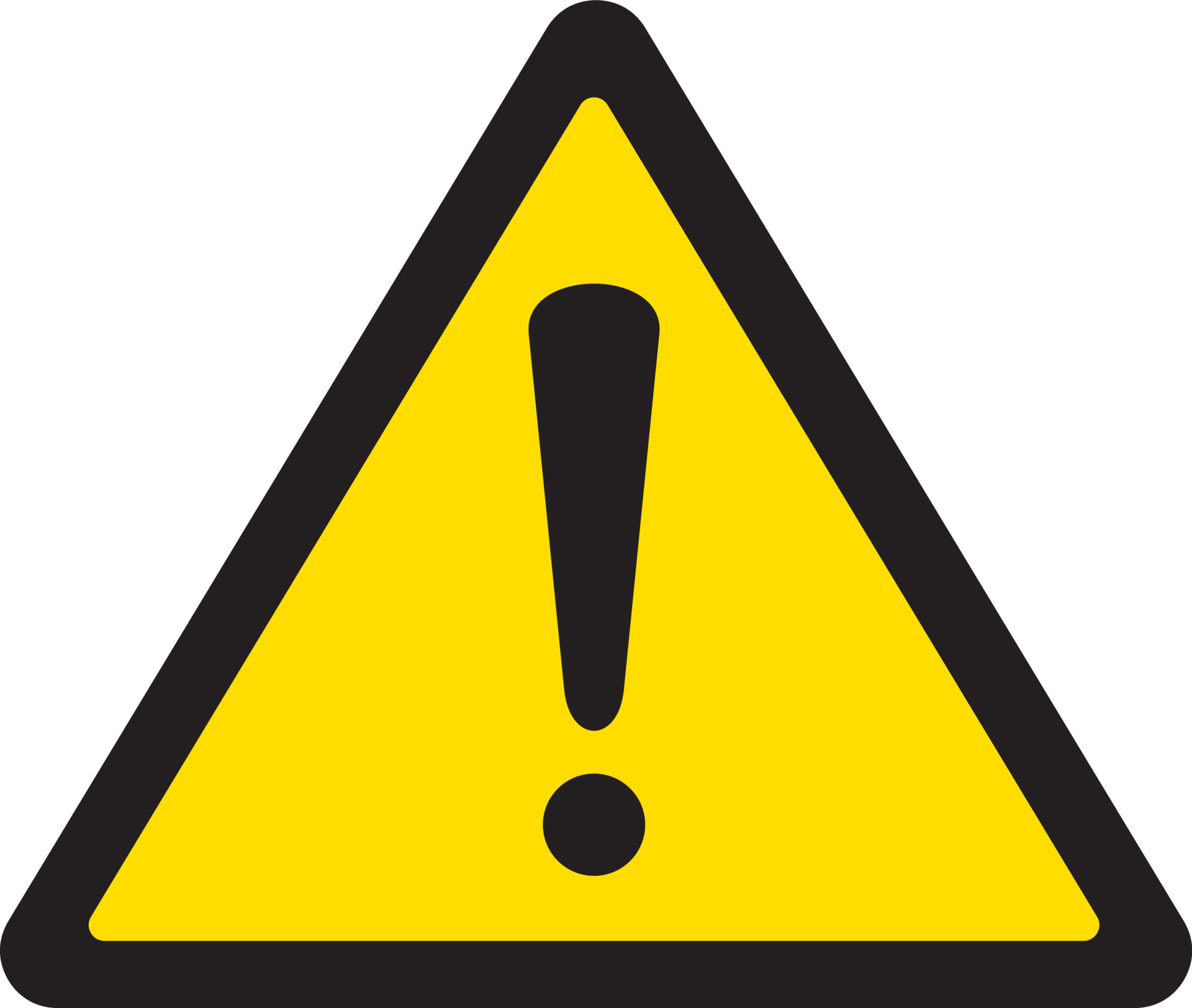 |
General Statute HB 1168 Title Protection for Social WorkersHB 1168 became law during the 2009 Session. It prohibits an individual from using the title “Social Worker” if the individual is not certified, licensed, or provisionally licensed as a social worker, does not hold a bachelor’s or master’s degree in social work from a college or university which is accredited by the Council of Social Work Education, or has a not received a doctorate in social work. |
This is not new. Please ensure that all positions using the social worker title, holds a social work degree. This protection is for the benefit of the profession, the employee, and the community at large.
In The News
US Surgeon General Declares Loneliness an Epidemic
| A warning on loneliness. This week, US Surgeon General Vivek Murthy declared loneliness a public health epidemic. Murthy said half of US adults experience loneliness, and that it can be as dangerous as smoking up to 15 cigarettes a day. Murthy issued an advisory laying out the consequence of loneliness, which can include a 29 percent increased risk of heart disease, a 32 percent increased risk of stroke, a 50 percent increased risk of developing dementia for older adults, and an increased risk of premature death by more than 60 percent. |  |
The pandemic only exacerbated those problems. Now, in an 82-page advisory, Murthy outlined a framework to repair social connection. The Surgeon General’s framework for social connectedness has six pillars that together rely on efforts by public policymakers, communities, tech companies, public health officials, health care systems and researchers. It recommends boosting social infrastructures with volunteer organizations, public transportation, and green spaces. It encourages a National Strategy to Advance Social Connection to address loneliness and isolation.
So what?
As school social workers, we are masterful social connectors. We have the skills to build connections across many different, and even complex, systems. Connecting with others is our jam. Helping others make meaningful connections is also a large part of our work. As this new research suggest, our students and families need us more than ever to help create and facilitate a connectedness that reduces the impact of loneliness and isolation. We can encourage a culture of connection in which we all cultivate values of kindness, respect, service and commitment to one another.
“Together, we can build a country that’s healthier, more resilient, less lonely, and more connected.” ~Murthy
 |
May is Asian/Pacific American Heritage Month – a celebration of Asians and Pacific Islanders in the United States. A rather broad term, Asian/Pacific encompasses all of the Asian continent and the Pacific islands of Melanesia, Micronesia, and Polynesia.
|
Receiving this as a forward?
Subscribe to this NCDPI School Social Work newsletter here.
Enter your email, then advance to the next screen that will give you a list of subjects and scroll down to find School Social Work.
The links on this page will bring you to third party websites, owned and operated by independent parties, over which NCDPI has no control. Any link you make to or from these 3rd Party Websites will be at your own risk. Any use of these 3rd Party Websites and any information you provide will be subject to and governed by the terms of the 3rd Party Website, including those relating to confidentiality, data privacy, and security.
Unless otherwise expressly agreed in writing, NCDPI is not in any way associated with the owner or operator of any of the 3rd Party Websites or responsible or liable for the goods and services offered by them or for anything in connection with such 3rd Party Websites. NCDPI does not endorse and makes no warranties, representations, or undertakings relating to the content of any 3rd Party Website.


